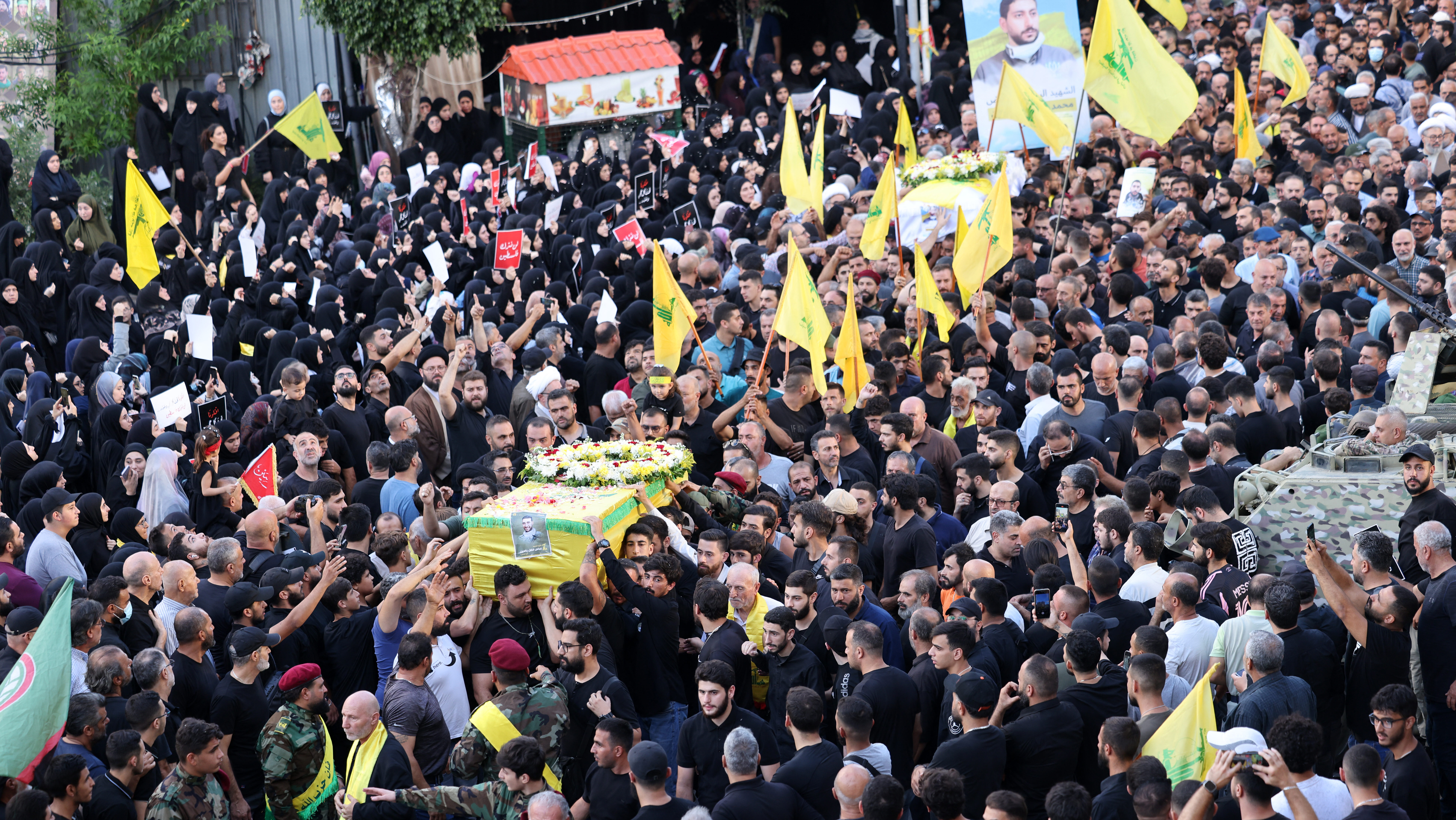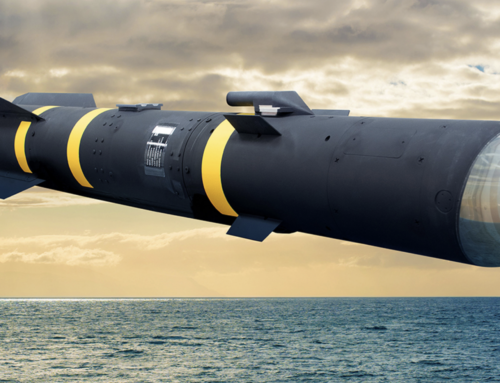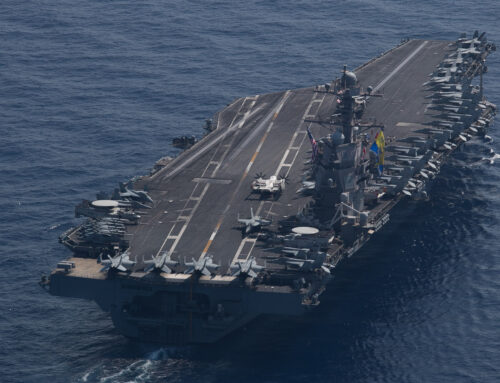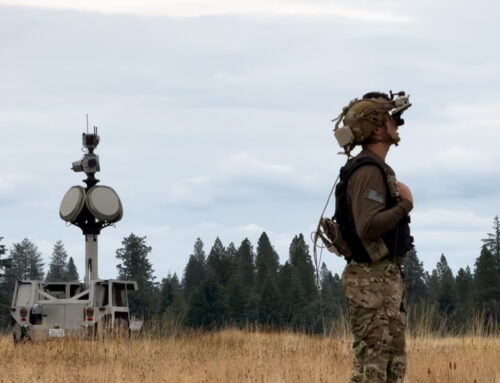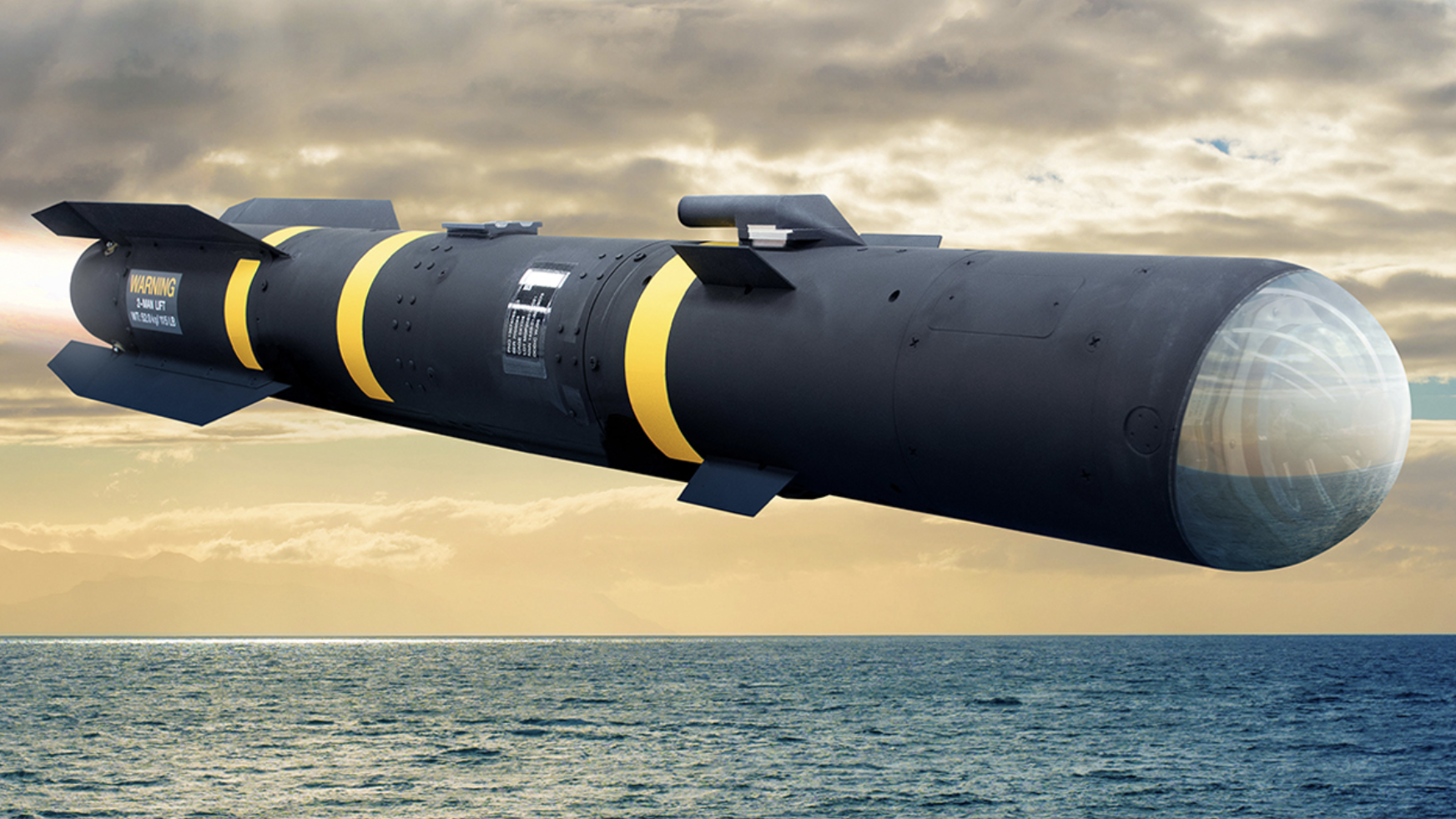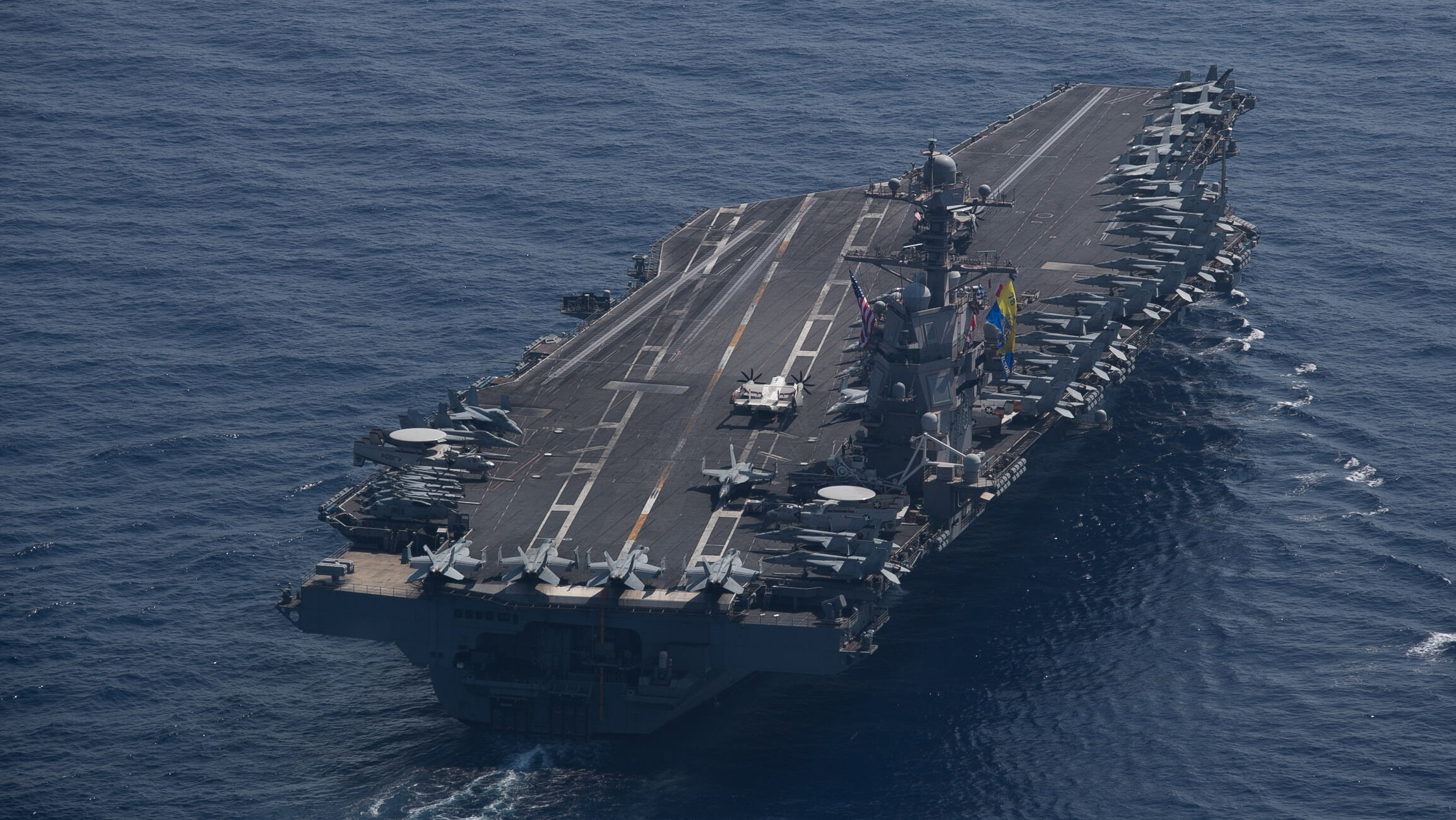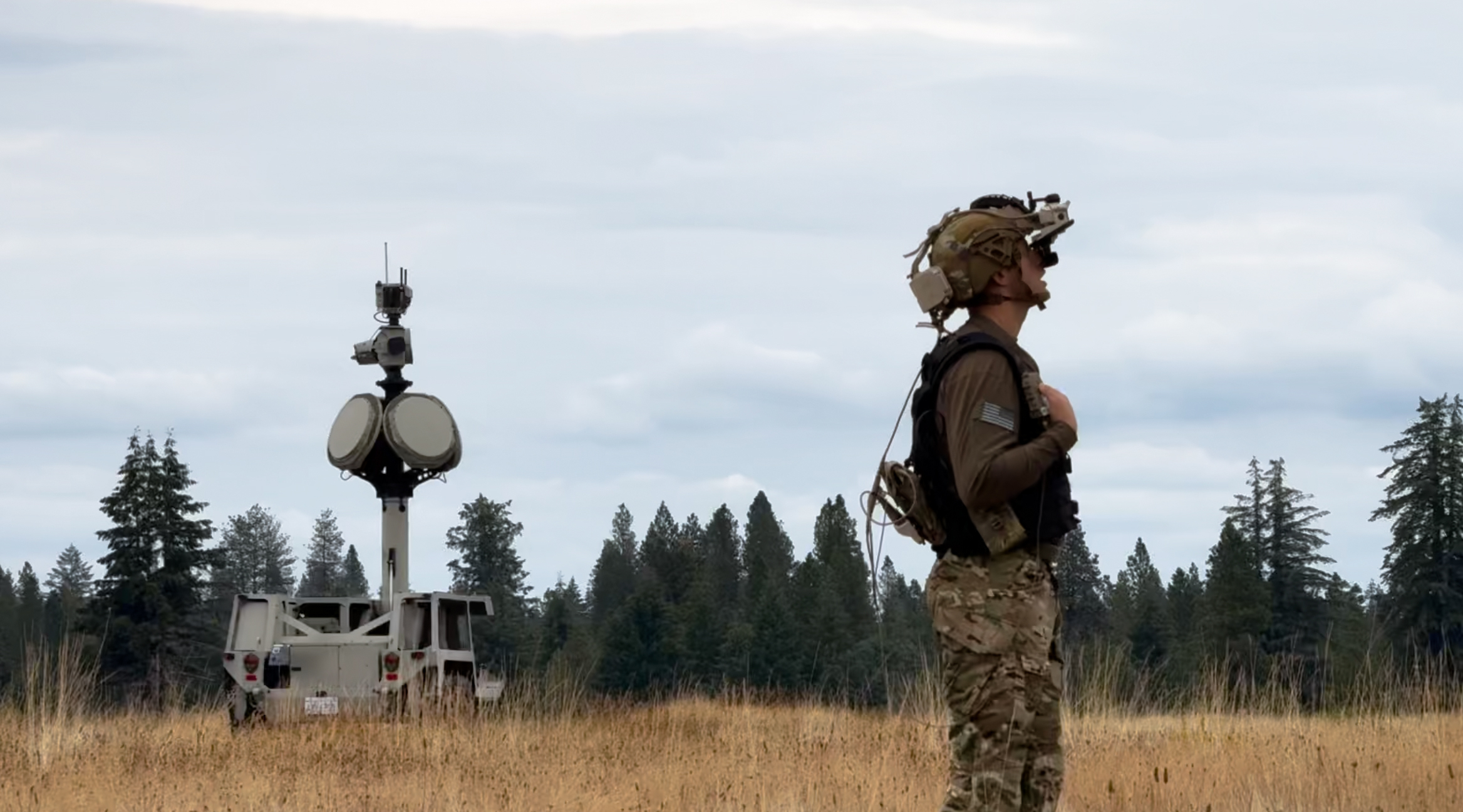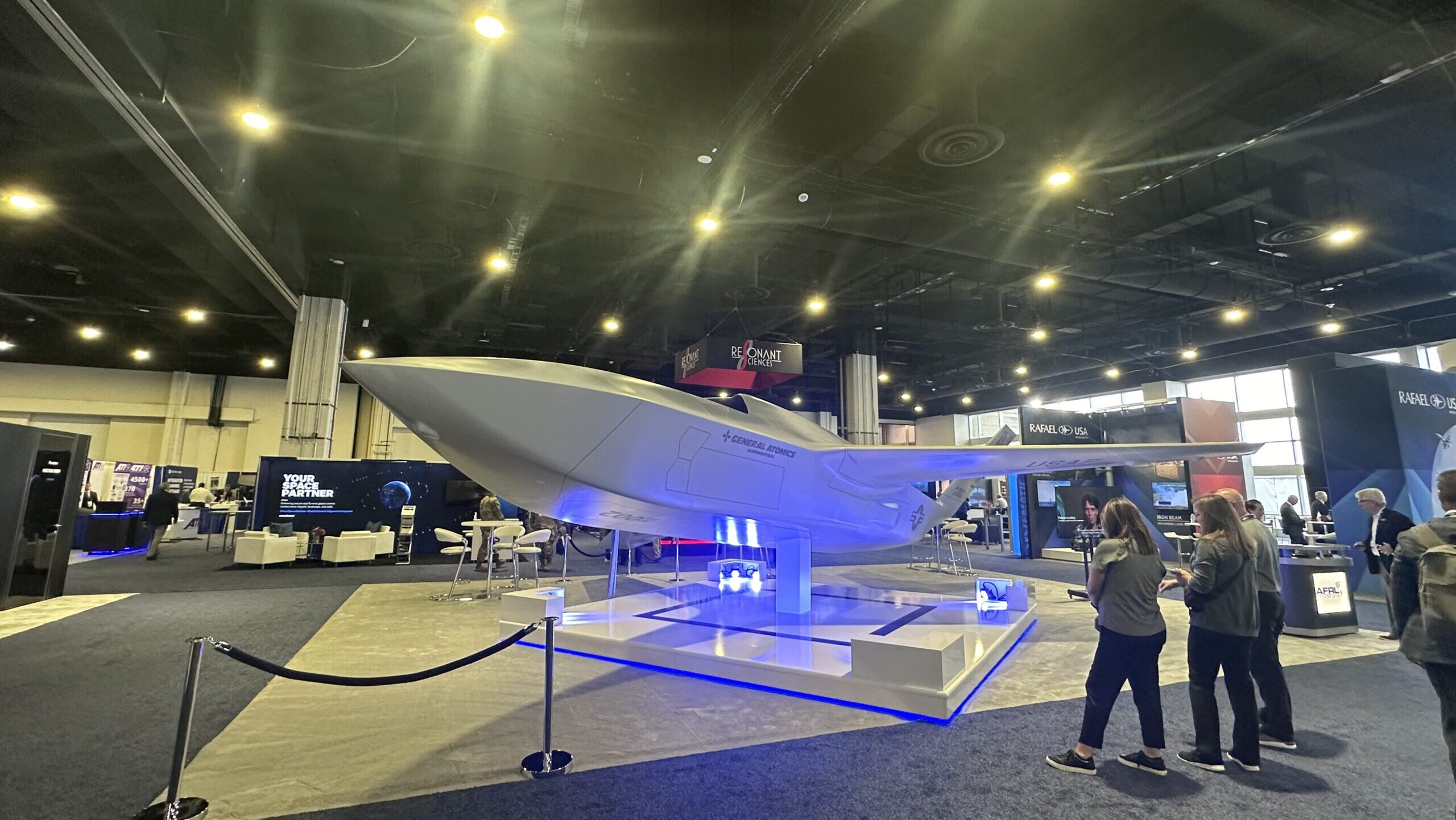Mourners carry the coffins of people killed after hundreds of paging devices exploded in a deadly wave across Lebanon the previous day, during their funeral procession in Beirut’s southern suburbs on September 18, 2024. (Photo by ANWAR AMRO / AFP) (Photo by ANWAR AMRO/AFP via Getty Images)
BEIRUT — As Hezbollah contends with what appears to be a second wave of exploding personal devices today, experts here said that the armed Lebanese group has been dealt a “severe blow” and will likely struggle to respond to what’s suspected to be an unprecedented, sophisticated attack by Israel.
“If Hezbollah will retaliate, it won’t be soon,” retired Lebanese armed forces Gen. Maroun Hitti told Breaking Defense, adding that the group would likely need at least a month to gather itself.
On Tuesday afternoon reportedly hundreds of pagers carried by Hezbollah members in Lebanon suddenly exploded, killing several people, including two children, and wounding scores of others. Hezbollah quickly blamed Israel and vowed retaliation — before another wave of bombings apparently struck walkie-talkies today. Israel has not taken responsibility for what news organizations are describing as a supply chain attack, but Defense Minister Yoav Gallant told Israeli troops today that Israel was in a “new phase” of war.
Analyst David Des Roches said that beyond Hezbollah’s immediate casualties, the group has to figure out how to safely communicate and contend with the larger fallout of such an extensive operation.
“Israel has managed to interject an element of doubt and mistrust between Hezbollah fighters, potential Hezbollah recruits and the Hezbollah leadership,” Des Roches, associate professor at the Near East South Asia Center for Security Studies, told Breaking Defense.
When Hezbollah does respond, Des Roches said he expected it to mirror previous responses to Israeli attacks, namely firing rockets and missiles south toward Israeli targets. Even then, “now that their communications are compromised they’ll be less capable of conducting coordinated operations,” he said. Hitti agreed that Hezbollah would have to “review its methods and security before undertaking any military action.”
Another retired LAF general, Wehbe Katicha, said he also expected Hezbollah to respond with a barrage of fire, similar to the response to the purported Israeli assassination of senior Hezbollah figure Fuad Shukr in July.
Beyond that, he said, Hezbollah “is incapable to respond in a large military operation, or it will have to deal with a larger blow from Israel.”
But Andreas Krieg, a senior lecturer at King’s College London, pointed out that Hezbollah isn’t necessarily bound by geography to retaliate at the southern border or even in the Middle East.
Krieg, also CEO of risk consultancy MENA analytica, said that since the purported Israeli operation was done in the “grey zone” without public attribution, Hezbollah could respond in kind, using “black ops” to strike at Israeli or Jewish targets overseas. (Hitting targets inside Israel, he said, would be “very difficult at this stage” considering the level of vigilance Israel’s security services are likely to have.)
Hezbollah is believed to have an extensive overseas capability, specifically through its sub-group known as the Islamic Jihad Organization. The US Intelligence Community says the IJO is a “highly compartmented unit that is primarily responsible for overseas terrorism operations, including against Western targets.”
Krieg also suggested Hezbollah could use proxies to carry out a retaliation operation for it.
An overriding consideration, however, remains escalation. Since Hamas’s Oct. 7 attack, Hezbollah and Israel have been trading fire, but for the most part — until this week — stopping short of conducting the kind of strikes that are likely to spark a wider regional war.
“There may be one or two [attacks on] of Israeli interests or perceived Israeli interests abroad, just because they feel they have to do something in order to keep control over their base,” Des Roches said.
For now Hezbollah announced in a statement on Tuesday that it is conducting a wide-ranging security investigation “to find out the reasons that led to these simultaneous explosions.”
The public could learn more about Hezbollah’s next move Thursday when Secretary General Hassan Nasrallah is scheduled to make a public address.


